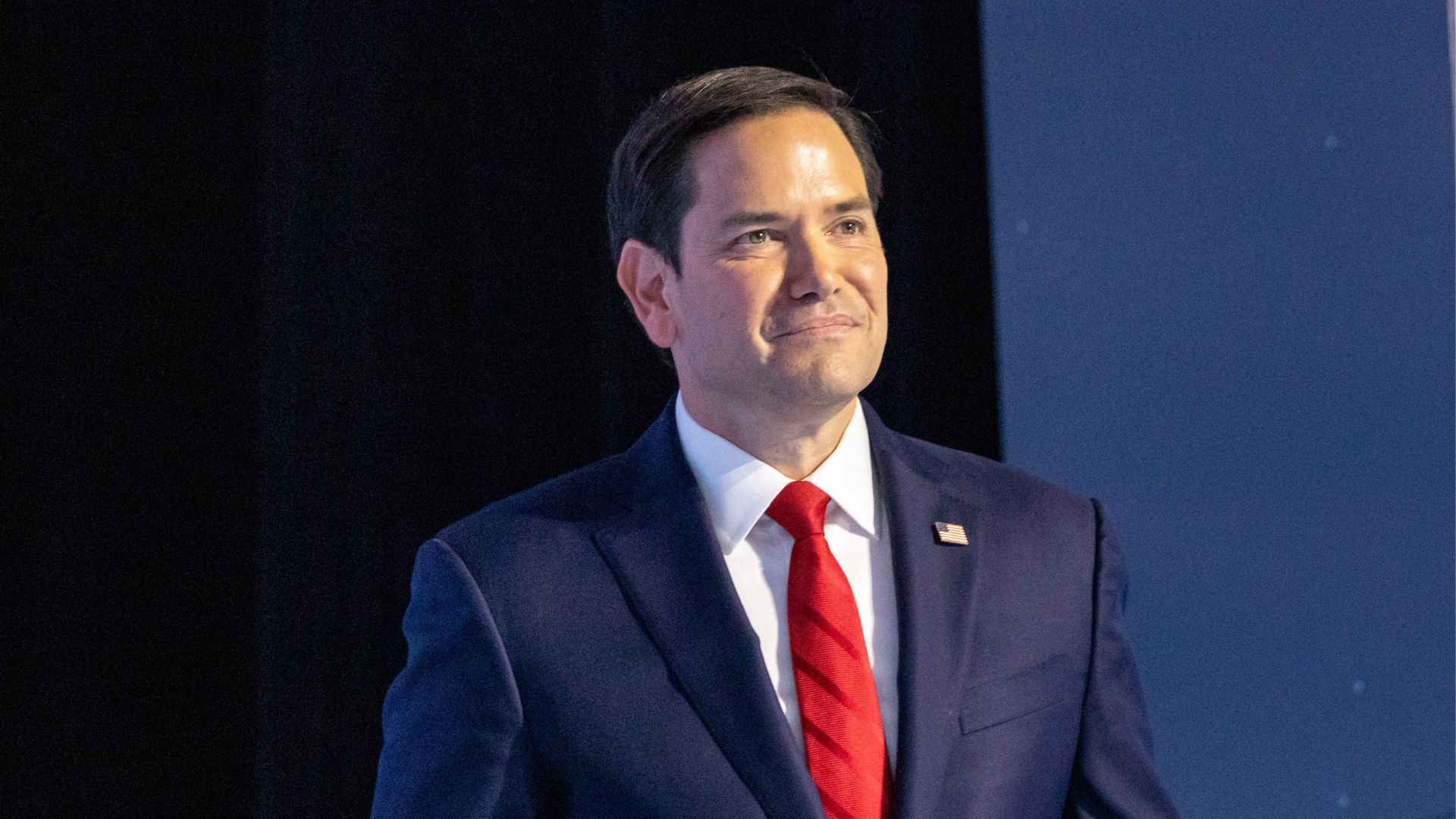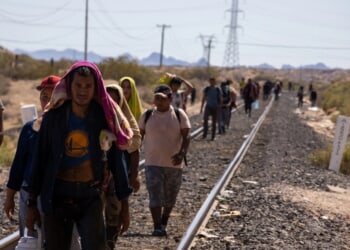
Secretary of State Marco Rubio issued a strong warning to Iran on Sunday regarding any potential attempt to block the Strait of Hormuz, a critical maritime chokepoint for global oil shipments.
The comments came in the aftermath of U.S. military strikes on three Iranian nuclear facilities carried out on Saturday.
Speaking during an interview on CBS News’s Face the Nation, Rubio stated that Iran would face severe global consequences if it attempted to shut down the waterway.
Trump’s Sovereign Wealth Fund: What Could It Mean For Your Money?
“It would be a suicidal move on their part because the whole world would come against them if they did that,” Rubio said.
The Strait of Hormuz, located between Iran and Oman, connects the Persian Gulf with the Arabian Sea and the broader Indian Ocean.
The narrow passage—approximately 21 miles wide at its narrowest point and stretching roughly 100 miles in length—facilitates nearly 25% of the world’s seaborne oil trade.
Any disruption in traffic through the strait is widely expected to cause immediate increases in global oil prices and present serious challenges to energy-dependent economies, particularly in Asia.
This Could Be the Most Important Video Gun Owners Watch All Year
Rubio emphasized that while the United States would be affected by such a disruption, the broader international fallout would be even more significant.
He pointed specifically to China’s dependency on the strait for oil imports and called on Beijing to intervene diplomatically.
“I encourage the Chinese government in Beijing to call them about that because they heavily depend on the Strait of Hormuz for their oil,” Rubio said in a separate appearance on Fox News.
“If they do that, it will be another terrible mistake. It’s economic suicide for them if they do it.”
Rubio further noted that the United States has options available to respond if Iran were to attempt to close the strait, but he emphasized that the broader international community, especially major economies reliant on Middle Eastern oil, should also be prepared to act.
“We retain options to deal with that, but other countries should be looking at that as well,” Rubio said.
“It would hurt other countries’ economies a lot worse than ours.”
.@MariaBartiromo: Do you expect Iran to close the Strait of Hormuz to disrupt oil transportation?@SecRubio: “If they do that, it will be another terrible mistake. It’s economic suicide for them if they do it, and we retain options to deal with that.” pic.twitter.com/Y9aIxDw0XY
— Rapid Response 47 (@RapidResponse47) June 22, 2025
The remarks follow the U.S. military’s targeted airstrikes on Iran’s nuclear facilities in Fordow, Natanz, and Isfahan.
The operation, launched Saturday night and confirmed by the Pentagon, aimed to degrade Iran’s nuclear enrichment capabilities.
The strikes were carried out by B-2 stealth bombers and other assets as part of what U.S. defense officials described as a coordinated mission under Operation Midnight Hammer.
Iran has not yet formally responded to the strikes, but concerns have mounted among U.S. and international officials that Tehran could retaliate by targeting commercial shipping in the Strait of Hormuz—a tactic previously used during heightened regional tensions.
Rubio’s comments mark one of the clearest signals from the administration that interference with international shipping lanes would be treated as a significant escalation.
Diplomatic and military officials are closely monitoring developments in the region as global energy markets remain on alert for any disruptions stemming from the ongoing tensions.
Connect with Vetted Off-Duty Cops to Instantly Fulfill Your Security Needs

![Former Bravo Star Charged After Violent Assault Using a Rock-Filled Sock in Tennessee Walmart [WATCH]](https://www.right2024.com/wp-content/uploads/2025/07/Former-Bravo-Star-Charged-After-Violent-Assault-Using-a-Rock-Filled-350x250.jpg)



![Karoline Leavitt Levels CNN's Kaitlan Collins and Other Legacy Media Reporters [WATCH]](https://www.right2024.com/wp-content/uploads/2025/07/Karoline-Leavitt-Levels-CNNs-Kaitlan-Collins-and-Other-Legacy-Media-350x250.jpg)
![Man Arrested After Screaming at Senators During Big Beautiful Bill Debate [WATCH]](https://www.right2024.com/wp-content/uploads/2025/06/Man-Arrested-After-Screaming-at-Senators-During-Big-Beautiful-Bill-350x250.jpg)









